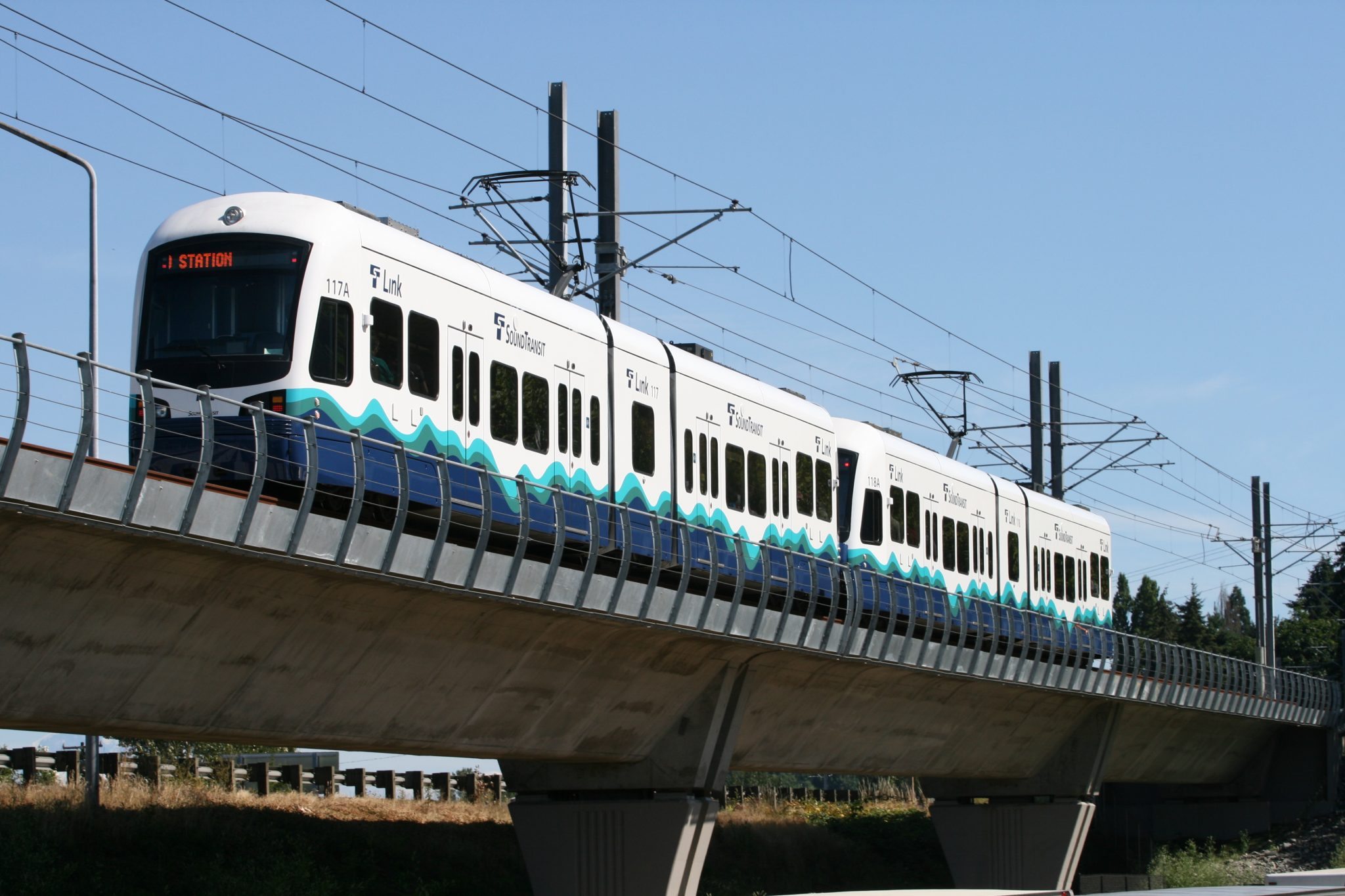Sound Transit’s $15 billion new taxing authority demand continues to act as a roadblock in reaching a transportation agreement between the state Senate Republicans and state House Democrats. Based on what exactly Sound Transit would be asking voters to approve, Republicans’ hesitancy should come as no surprise. The Washington Policy Center,
“Sound Transit officials want an estimated $15 billion in new taxing authority. They want a 0.5% increase in Sound Transit’s sales tax authority, to a total of 1.4% (which would bring the total sales tax rate in Seattle to 10.1%), a 0.8% increase in the Motor Vehicle Excise Tax authority to a total of 1.1%, and a property tax increase of .25 per $1,000 of assessed value ($100/year on a $400,000 house).”
That’s all to fund Sound Transit’s latest light rail expansion promise, Sound Transit 3 (ST3). Of course, Democrats had a very different reaction to Sound Transit’s wish list. Barely questioning the size of the tax increase, Democrats on the House Transportation Committee rubber-stamped the new taxing authority “with little dissent or debate” – though, of course, the Democrat-controlled House has yet to actually pass a transportation bill this year.
When Republicans agreed to include $11 billion in new taxing authority as a compromise in the bi-partisan transportation package passed by the state Senate, Sound Transit officials and their far-left supports declared the amount was not good enough. They insisted that the full “$15 billion is needed to expand light rail, and also because higher taxes have an easier chance of passing in an election.”
But, according to the Washington Policy Center, that’s not true. Sound Transit may not need any tax increase to build their light rail system due to revenue that is hidden in the way the transit agency calculates its future borrowing costs. The Washington Policy Center,
“Sound Transit officials’ most recently adopted financial plan through 2023 assumes they will borrow $7.3 billion at a 5.75% interest rate, paid off over 30 years. Their interest rate cost assumption is high, especially since they are actually issuing debt now at far-lower interest rates.
“In 2012 Sound Transit officials borrowed $216 million at a rate of only 2.62%, less than half of what they assume as their future interest rate cost. Just a few months ago, they borrowed $1.3 billion as a federal TIFIA loan at a 2.38% interest rate. The TIFIA loan can be paid off over 40 years, and the first payment isn’t due until 2028! Today, Sound Transit could borrow money for 30 years at fixed interest rates between 2% to 3% (or at lower variable rates), about half of its current budget assumption.
“So what does this mean?
“If Sound Transit officials simply changed their financial plan to assume a more-realistic 3% interest rate, they could borrow an additional $2.2 billion without raising regressive taxes and keep their debt payments the same. That is enough public money to build light rail to downtown Redmond (approximately $800 million) and build much of the line from Ballard to U.W. (approximately $1.7 billion) without raising regressive tax rates at all.
“Sound Transit’s financial report shows the agency thinks it can only borrow $7.3 billion at current tax rates, when they may actually be able to borrow closer to $9.4 billion without raising taxes. This is not fair to the taxpayers.”
The Washington Policy Center points out that it is always best for public agencies to use “conservative estimates and careful budgeting.” But, Sound Transit presents a very different case. Sound Transit is using extreme interest rate estimates at the expense of the taxpayers. Due to their overestimation of future borrowing costs, the transit agency is demanding an “unnecessarily large increase in regressive tax rates, which will fall hardest on the working poor, the unemployed and elderly residents living in Sound Transit’s taxing area.”




